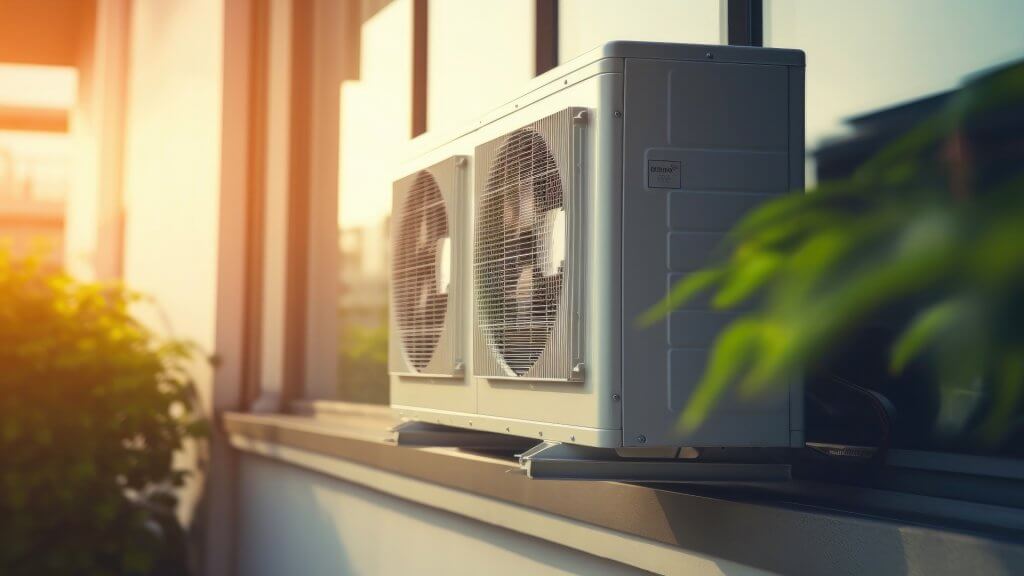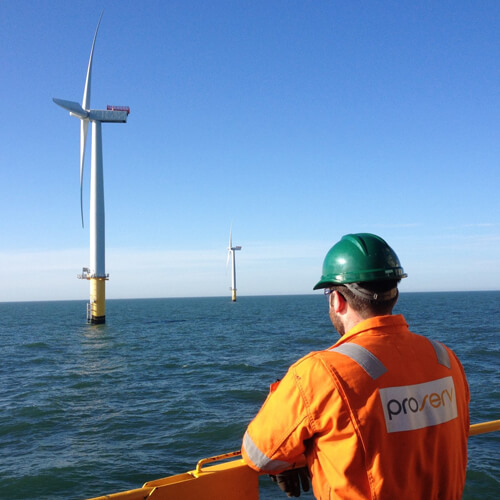
As the world continues to grapple with environmental concerns, businesses are increasingly exploring innovative ways to align their operations with eco-friendly practices. Among the critical areas of focus is the realm of heating systems, particularly to meet the UK government’s targets of decarbonising the economy and reaching net zero by 2050.
Traditional heating methods have often been associated with energy inefficiency and substantial carbon emissions. However, advancements in technology have ushered in a new era of eco-friendly business heating systems that prioritise sustainability without compromising performance.
In this article, we delve into some of the latest innovations that are revolutionising the way businesses approach heating, providing them with options that are both environmentally conscious and economically beneficial.
Heat Pumps
Heat pumps are garnering attention as a game-changer in the realm of business heating systems. These systems leverage the principle of transferring heat from one place to another, rather than generating heat from scratch.
Ground source heat pumps extract heat from the ground and air source heat pumps from the air, utilising minimal electricity to operate. By harnessing renewable sources of heat, heat pumps significantly reduce carbon emissions and energy consumption.
Combined Heat and Power Systems
Combined Heat and Power systems (CHP), also known as cogeneration, integrate the simultaneous generation of heat and electricity from a single energy source. This efficient approach maximises the utilisation of fuel, resulting in reduced energy wastage and lower emissions.
CHP systems are particularly advantageous for businesses with consistent heating and electricity needs, such as hospitals, hotels and industrial facilities.
Solar Thermal Systems
Solar thermal systems harness the power of the sun to heat water for various commercial applications. Through solar collectors, sunlight is converted into heat, which is then used to meet heating and hot water needs.
Businesses can significantly reduce their reliance on fossil fuels by incorporating solar thermal systems into their heating infrastructure, resulting in lower operational costs and a smaller carbon footprint.
Biomass Heating
Biomass heating systems utilise organic materials, such as wood pellets, chips, or agricultural residues, to generate heat. These systems are considered carbon-neutral as the carbon dioxide released during combustion is offset by the carbon dioxide absorbed during the growth of the biomass feedstock.
Biomass heating offers a renewable and sustainable alternative to traditional fossil fuel-based systems.
Smart Heating Controls
The advent of smart technology has extended to business heating systems, allowing for optimised energy consumption. Smart heating controls enable businesses to remotely monitor and manage heating systems, adjusting temperature settings based on occupancy and usage patterns.
By using data-driven insights, businesses can achieve energy savings and operational efficiency.
If Upgrading Your System Is Not Possible
While transitioning to an entirely new heating system might not be feasible for every business, there are several steps you can take to enhance the efficiency of your existing system. Start by ensuring regular maintenance and servicing to keep your system running optimally.
Consider upgrading your boiler and insulation and addressing any draughts to prevent heat loss. Additionally, explore energy-saving practices like setting lower temperatures during non-business hours. These incremental improvements can significantly enhance the efficiency of your current heating setup, contributing to both cost savings and a smaller carbon footprint.
The Benefits Of Implementing Eco-Friendly Heating Systems
As businesses recognise the importance of aligning their operations with eco-friendly practices, the integration of these advanced heating systems becomes a strategic imperative. Beyond the environmental benefits, embracing sustainable heating solutions enhances a business’s reputation, engages environmentally conscious customers and positions the organisation as a leader in responsible business practices.
Closing Thoughts
The landscape of heating systems is undergoing a transformation driven by innovative technologies that prioritise environmental sustainability and herald a new era of eco-friendly heating solutions for businesses. These innovations not only contribute to reduced carbon emissions but also offer businesses opportunities for long-term cost savings through improved energy efficiency.
The innovations discussed in this article underscore the growing synergy between technology and sustainability. By embracing these developments, businesses can embark on a path toward a greener future, ensuring that their heating needs are met in ways that are both environmentally sound and economically viable.
As the world continues to prioritise environmental stewardship, these eco-friendly heating systems serve as beacons of progress, guiding businesses toward a more sustainable and prosperous tomorrow.





















